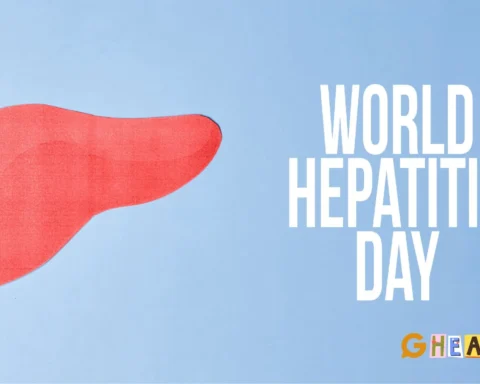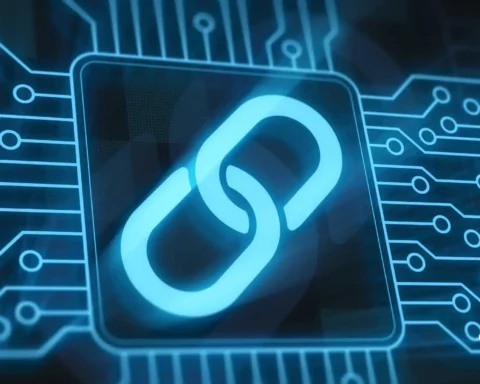As the show Mr Bates vs The Post Office hits television in the UK stepping into 2024, the British public rekindles its outrage over the Post Office scandal, the tragedy that began in 1999. What Prime Minister Rishi Sunak calls "one of the greatest miscarriages of justice in history" was a tragic mishap arising from a technical software glitch and rash misjudgment on the part of authorities, leading to the destruction of the lives of hundreds of postal workers.
The Tragedy
The Post Office, a state-owned private postal enterprise with a nationwide workforce, saw approximately 230 employees wrongly imprisoned on unfounded allegations of theft, fraud, and false accounting. From 1999 to 2015, 736 self-employed branch managers, known as sub-postmasters, operating under contracts, were laid off and faced legal charges of financial misconduct convictions due to flawed data produced by Japanese software Horizon, developed by the Fujitsu company.
The sub-postmasters' contractual obligations with the company held them liable for any shortfalls in their branch accounts, thus forcing them to cover the inaccurate losses from their own funds. Accused of similar allegations, many were compelled to compensate for fictitious losses, which were, in reality, caused by a software malfunction. The resulting legal and financial burdens pushed many into economic distress and severe health issues, along with some tragic instances of suicide.
Horizon, developed by Fujitsu in 1999, was implemented across Post Office branches in 2000 to oversee financial transactions. Concerns quickly arose as it reported cash shortages. Despite several alerts from staff, higher officers dismissed warnings about the software's flaws, holding that the Horizon was "robust". Instead, they turned on the postmasters, dismissing them for financial misconduct, prosecuting them as they haplessly tried to remedy the situation by manual data alteration and struggled to reimburse non-existent losses, amounting to tens of thousands of pounds.
The Fight for Justice
A small group of Subpostmasters from around Britain came together in 2009, forming The Justice For Subpostmasters Alliance (JFSA) and launching a group action trial against the Post Office in 2018. Two decades of legal strife ensued until the High Court, in 2019, declared the Horizon software responsible for the incurred losses. Subsequently, the government ordered a public inquiry in the subsequent year, 2020.
Over several years, the Post Office, with legal support, seemingly concealed issues with Horizon by persistently withholding information in various court cases. Requests for information on Horizon's credibility were repeatedly denied, leading to incomplete disclosure of evidence in criminal proceedings. Faced with a lack of evidence, their lawyers often advised subpostmasters to plead guilty to lesser charges to avoid or shorten their prison sentences.
The scandal is still far from over, as only 93 convictions have been overturned, with ongoing assessments for the remaining cases. Thousands who have suffered loss of homes, livelihoods, or bankruptcy are still awaiting compensation. On January 10, Prime Minister Rishi Sunak stated that the government would enact new legislation to promptly clear and compensate all individuals who received criminal convictions due to the scandal.
Recent updates in the Post Office Horizon IT Inquiry have highlighted the Post Office's failure to provide satisfactory disclosure. Chair Sir Wynn Williams has criticised the Post Office's "grossly unsatisfactory disclosure failings." Additional requests for documents will now be issued, with the threat of criminal sanctions for non-compliance.
ITV Show Rekindles Outcry
The first report of the Post Office incident came through Computer Weekly in 2009, after the investigations of reporter Rebecca Thomson. It also gained substantial coverage through a BBC podcast by Nick Wallis and frequent features in Private Eye magazine. Parliament has discussed it multiple times, and an official inquiry is helping gradually unfurl the events. Since 2009, Computer Weekly, mainly through Karl Flinders' work, has published about 350 articles on the issue.
However, the narrative gained nationwide attention only after the ITV docu-drama "Mr Bates vs The Post Office" aired on television on January 1 and brought it to the public focus. The show has triggered a strong response, with an astounding 9 million views in the first week. Viewers have expressed their emotional reactions online, some stating it left them in tears.
The show follows Toby Jones as the protagonist. Alan Bates, a sub-post office master from Wales who faces accusations of theft, initiates a quest for justice by uniting with others who have been affected. Together, they pursue legal action and establish the Justice for Sub-postmasters Alliance to uncover the truth.
Amidst the heat after the show's release, Paula Vennells, the former CEO of the Post Office from 2012 to 2019, has returned her CBE honours award due to the renewed public anger regarding her involvement in the scandal. Post Office Minister Kevin Hollinrake stated that if the ongoing public inquiry holds Fujitsu, the Japanese IT firm, liable, the government shall pursue them for compensation.
Recent days have seen numerous victims come up with their stories in major news outlets, highlighting instances of community abuse and bullying faced by their children due to false allegations and negative publicity during that period. All this may prompt the question of why it took a television series to prompt action from political leaders and journalists and point to more significant issues within the prevailing political and judicial system.
What began as a two-decade-long struggle for justice is now finally gaining attention from the national public. The release of the four-part docu-drama "Mr Bates vs The Post Office" has been sufficiently fuelling public rage over the incident, keeping the higher-ups of the Post Office on their toes, increasingly pressurising them to take accountability. While the news is a welcome ray of hope for the victims whose lives have been shattered by the scandal, the belated state action underscores a concerning blind spot in the workings of contemporary polarised democracy. Despite everything, the positive turn of events at the outset of the new year points to a promising outcome as long as the fire of collective desire for hopeful change remains aflame.











[…] Post Office scandal, also known as the Horizon scandal, began in 1999 and continued until 2015. The computer software […]
[…] for the entirety of its one-hour runtime. Many of its events and characters are inspired by actual scandals and figures. Explore how these real-life events unfolded on the small […]